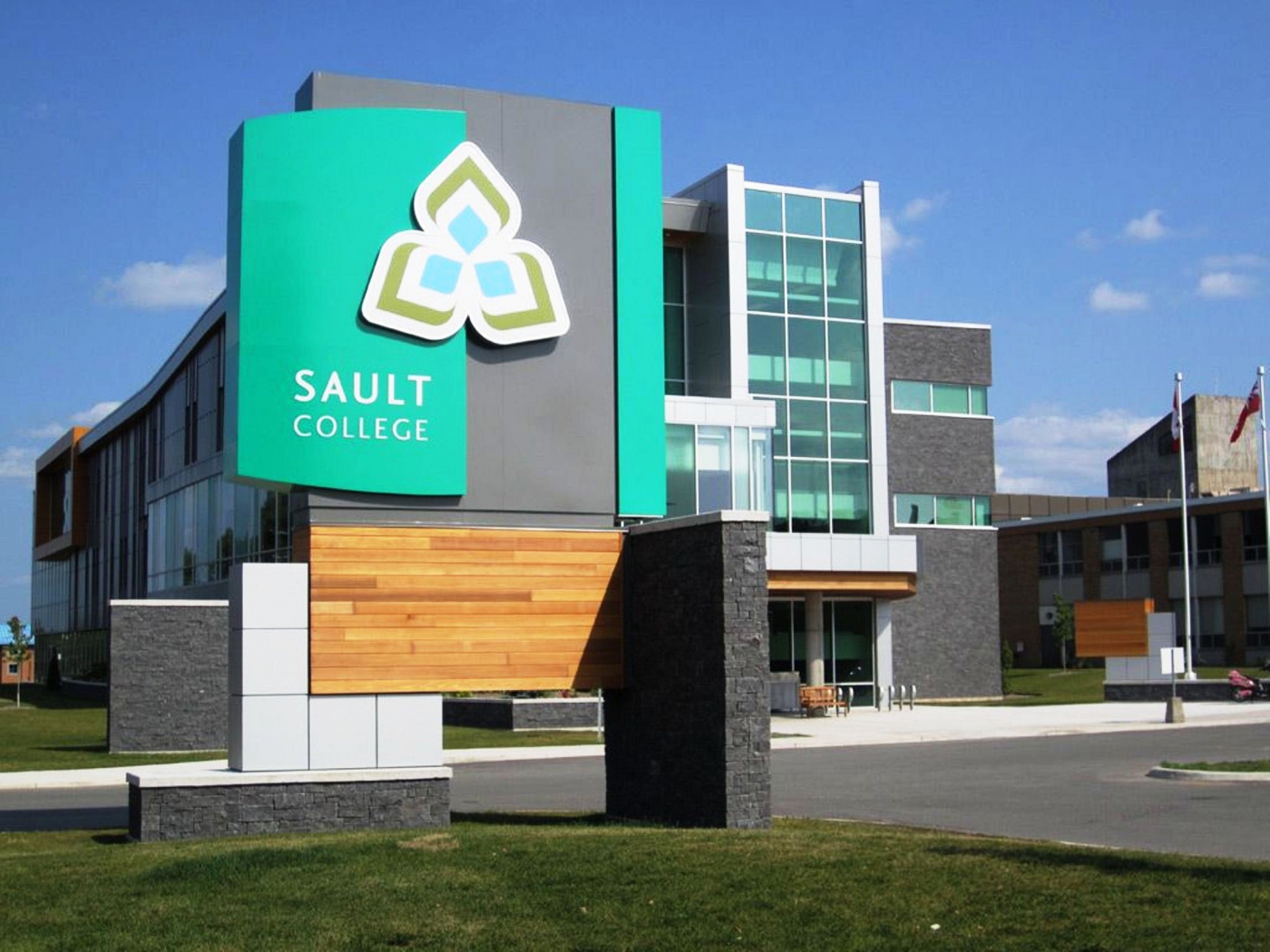
Home > Study in Canada > Sault College - Ste. Marie Campus > Diploma in Social Service Worker - Indigenous Specialization
Diploma in Social Service Worker - Indigenous Specialization
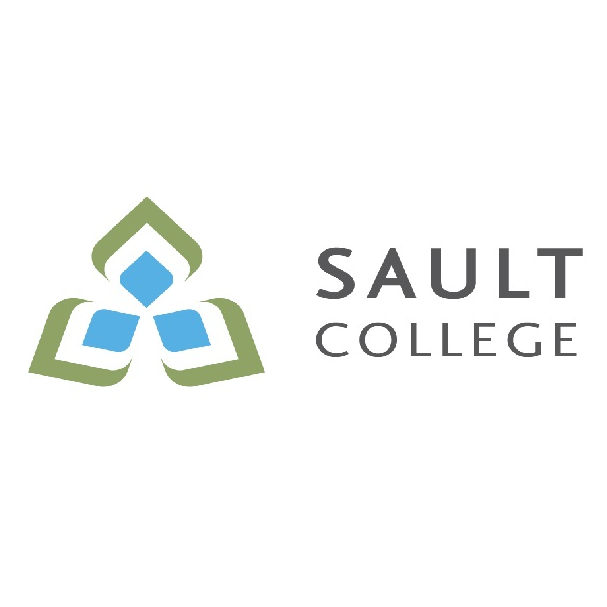 Sault College - Ste. Marie Campus, Canada
Sault College - Ste. Marie Campus, Canada

CAD 15120
Annual Tuition Fee

CAD 100 Waived
Application Fee

24 months
Duration

6
IELTS

79
TOEFL

50%
Min GPA
Program Overview
The Social Service Worker - Indigenous Specialization program is for anyone who is interested in gaining the skills of a social service worker as you advocate for social justice in both Aboriginal and mainstream organizations to help empower individuals, families, and communities. You will be equipped with the enhanced knowledge needed to provide all clients - both Aboriginal and non-Aboriginals alike, the support they need to overcome barriers they may face in their lives.
With a strong foundation in core social service worker skills, the program infuses an Aboriginal worldview throughout the curriculum. Whether you are Aboriginal or not, this impactful program will prepare you to become a skilled social service worker, practise within a culturally competent approach, and demonstrate an increased knowledge of Aboriginal issues and interventions. You will be eligible to register with the College of Social Work and Social Service Workers after completing the program.
Program Outcomes
A graduate of the Social Service Worker Indigenous Specialization Program at Sault College will reliably demonstrate the ability to:
- Develop respectful and collaborative professional and interpersonal relationships that adhere to professional, legal, and ethical standards aligned to social service work.
- Record information accurately and communicate effectively in written, digital, verbal and non-verbal ways, in adherence to privacy and freedom of information legislation, in accordance with professional and workplace standards.
- Integrate a practice framework within a service delivery continuum, addressing the needs of individuals, families and communities at micro, mezzo, macro and global levels, and work with them in achieving their goals.
- Plan and implement accessible and responsive programs and services, recognizing the diverse needs and experiences of individuals, groups, families and communities, and meeting these needs.
- Examine current social policy, relevant legislation, and political, social, historical, and/or economic systems and their impacts for individuals and communities when delivering services to the user/client.
- Develop strategies and approaches that support individual clients, groups, families and communities in building the capacity for self-advocacy, while affirming their dignity and self-worth.
- Work from an anti-oppressive, strengths-based practice, recognizing the capacity for resilience and growth of individuals and communities when responding to the diverse needs of marginalized or vulnerable populations to act as allies and advocates.
- Develop strategies and approaches to implement and maintain holistic self-care as a member of a human service profession.
- Work with individuals, groups, families and their communities to ensure that service provider strategies promote social and economic justice, and challenge patterns of oppression, discrimination and harassment, and sexual violence with clients, coworkers and communities.
- Develop the capacity to work with the Indigenous individual, families, groups and communities while respecting their inherent rights to self-determine, and to identify and address systemic barriers that produce ill-effects, developing appropriate responses using approaches such as trauma informed care practice.
- Respectfully collaborate with Indigenous individuals, families and communities to facilitate change considering the historical impact of legislation and social systems on the Indigenous Canadian culture and experience.
- Integrate culturally appropriate strategies and Indigenous methods of healing practices to help empower individuals and communities to solution build within an aboriginal worldview and context.
Additional Information
Program Level UG Certificate / Diploma
College/University Processing Time 5 Days
Program Format Full-Time
General Admission Requirement
- IELTS
- Minimum Overall Score - 6.0 - With No Band Less Than - 5.5
- TOEFL
- Minimum Overall Score - 79 - With no score less than - 20
- PTE
- Minimum Overall Score - 60
- DUOLINGO
- Minimum Overall Score - 110.0
Academic Requirement
Minimum Level of Education Required: To be accepted into this program, applicants must have a Grade 12 / High School Diploma or equivalent including the following required course(s):
- Grade 12 English
Similar Programs
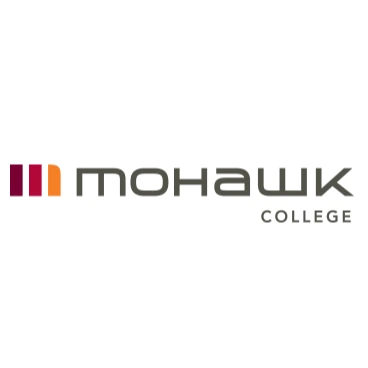

Mohawk College - Fennell Campus
Intake Jan 2026, Sep 2025
Jan 2025, Sep 2024

Application Fee

Duration
Test Score
6
IELTS
80
TOEFL
65
Min GPA


Mohawk College - Fennell Campus
Intake Jan 2026, Sep 2025
Jan 2025, Sep 2024

Application Fee

Duration
Test Score
6
IELTS
80
TOEFL
65
Min GPA
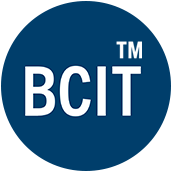

British Columbia Institute of Technology - Burnaby Campus
Intake Sep 2025
Sep 2024

Application Fee

Duration
Test Score
6.5
IELTS
86
TOEFL
60
Min GPA


British Columbia Institute of Technology - Burnaby Campus
Intake Sep 2025
Sep 2024

Application Fee

Duration
Test Score
6.5
IELTS
86
TOEFL
60
Min GPA


British Columbia Institute of Technology - Burnaby Campus
Intake Sep 2025
Sep 2024

Application Fee

Duration
Test Score
6.5
IELTS
86
TOEFL
60
Min GPA


British Columbia Institute of Technology - Burnaby Campus
Intake Sep 2025
Sep 2024

Application Fee

Duration
Test Score
6.5
IELTS
86
TOEFL
60
Min GPA


British Columbia Institute of Technology - Burnaby Campus
Intake Sep 2025
Sep 2024

Application Fee

Duration
Test Score
6.5
IELTS
86
TOEFL
60
Min GPA


British Columbia Institute of Technology - Burnaby Campus
Intake Sep 2025
Sep 2024

Application Fee

Duration
Test Score
6.5
IELTS
86
TOEFL
60
Min GPA


British Columbia Institute of Technology - Burnaby Campus
Intake Sep 2025
Sep 2024

Application Fee

Duration
Test Score
6.5
IELTS
86
TOEFL
60
Min GPA


British Columbia Institute of Technology - Burnaby Campus
Intake Sep 2025
Sep 2024

Application Fee

Duration
Test Score
6.5
IELTS
86
TOEFL
60
Min GPA


British Columbia Institute of Technology - Burnaby Campus
Intake Sep 2025
Sep 2024

Application Fee

Duration
Test Score
6.5
IELTS
86
TOEFL
60
Min GPA


British Columbia Institute of Technology - Burnaby Campus
Intake Sep 2025
Sep 2024

Application Fee

Duration
Test Score
6.5
IELTS
86
TOEFL
60
Min GPA


British Columbia Institute of Technology - Burnaby Campus
Intake Sep 2025
Sep 2024

Application Fee

Duration
Test Score
7
IELTS
90
TOEFL
60
Min GPA


British Columbia Institute of Technology - Burnaby Campus
Intake Sep 2025
Sep 2024

Application Fee

Duration
Test Score
6.5
IELTS
86
TOEFL
60
Min GPA


British Columbia Institute of Technology - Burnaby Campus
Intake Sep 2025
Sep 2024

Application Fee

Duration
Test Score
6.5
IELTS
86
TOEFL
60
Min GPA


British Columbia Institute of Technology - Burnaby Campus
Intake Sep 2025
Sep 2024

Application Fee

Duration
Test Score
6.5
IELTS
86
TOEFL
60
Min GPA


British Columbia Institute of Technology - Burnaby Campus
Intake Sep 2025
Sep 2024

Application Fee

Duration
Test Score
6.5
IELTS
86
TOEFL
60
Min GPA


British Columbia Institute of Technology - Burnaby Campus
Intake Sep 2025
Sep 2024

Application Fee

Duration
Test Score
6.5
IELTS
86
TOEFL
60
Min GPA


British Columbia Institute of Technology - Burnaby Campus
Intake Sep 2025
Sep 2024

Application Fee

Duration
Test Score
6.5
IELTS
86
TOEFL
60
Min GPA
.png)

Algonquin College - Ottawa Campus
Intake Jan 2026, Sep 2025
Jan 2025, May 2025, Sep 2024

Application Fee

Duration
Test Score
6
IELTS
80
TOEFL
50
Min GPA
Tuition Fee
The values given below are estimated figures, excluding extra charges like material fee, student activity fees, athletic fees, health care, etc., for courses. To know more, please visit the Programs page.
Average Tuition Fee Per Year
15120
Tuition Fee
(CAD)
CAD 100 Waived
Application Fee
(CAD)
11000 Per year
Average Cost of Living
(CAD)
The living costs include the total expenses per month, covering accommodation, public transportation, utilities (electricity, internet), books and groceries.
Check program website for more information about funding options.
Scholarships
Exciting News!
Apply to Sault College and receive an exclusive $2000 scholarship!
Key Details:
| Intakes: | September 2025 and January 2026 |
| Deadline: | February 12 - May 31, 2025 |
| Scholarship Structure: | Semester 1: $2000 Semester 2: $2000 Semester 3 and onwards: $1000 |
Don't miss this amazing opportunity! Apply now and take the first step towards an exciting academic journey at Sault College!
Not sure what you are looking for?
Don’t worry, we are here to help.
Popular Universities to Study Abroad
World class education waiting for you.
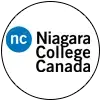
Ontario, Canada • 37 Programmes
Tuition Fee : CAD 17000 - 29000 / year

Ontario, Canada • 82 Programmes
Tuition Fee : CAD 16500 - 27000 / year
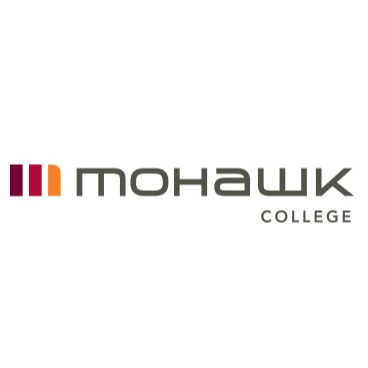
Ontario, Canada • 8 Programmes
Tuition Fee : CAD 17500 - 27000 / year

Ontario, Canada • 4 Programmes
Tuition Fee : CAD 14000 - 21500 / year
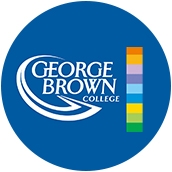
Ontario, Canada • 6 Programmes
Tuition Fee : CAD 18000 - 27000 / year
Top Places To Study In Canada
Province wise Popular university and colleges for Studying abroad.
- Universities in Alberta
- Universities in British Columbia
- Universities in Manitoba
- Universities in New Brunswick
- Universities in Newfoundland and Labrador
- Universities in Nova Scotia
- Universities in Ontario
- Universities in Prince Edward island
- Universities in Quebec
- Universities in Saskatchewan
- Universities in Yukon Territory
Popular English Language Proficiency Exams
Blogs and Articles
Study in Canada Blogs & Articles
Updated on • Jan 24,2025 10:50 AM IST • Study in Canada
Canada Student Visa Interview Questions
Updated on • Jan 23,2025 12:16 PM IST • Study in Canada
Updated on • Dec 05,2024 05:04 PM IST • Study in Canada
Best Cities to Study in Canada
Updated on • Nov 21,2024 05:23 PM IST • Study in Canada
Study intakes in Canada - Fall, Winter & Summer
Updated on • Oct 03,2024 12:51 PM IST • Study in Canada
New Rules & Regulations in Canada for International Students
Updated on • Aug 31,2024 03:19 PM IST • Study in Canada
Public Transportation in Canada for International students
Updated on • Aug 29,2024 05:08 PM IST • Study in Canada
Healthcare in Canada for international students
Updated on • Aug 27,2024 05:12 PM IST • Study in Canada
LLB in Canada for Indian Students After 12th
Updated on • Jun 28,2024 05:48 PM IST • Study in Canada
Benefits of 1+1 Programs in Canada
Updated on • Jul 12,2024 04:06 PM IST • Study in Canada
Increase your CRS Score with 1-year Master's in Canada
Updated on • Jun 11,2024 05:53 PM IST • Study in Canada
Hotel Management Courses in Canada: Top Universities & Available Scholarships
Updated on • May 31,2024 05:57 PM IST • Courses in Canada
Management Courses in Canada: Universities, Fees, Requirements, Scholarships & Jobs
Updated on • May 28,2024 01:39 PM IST • Study in Canada
Updated on • May 24,2024 04:49 PM IST • Study in Canada
Top Universities For Computer Science Courses in Canada
Updated on • May 28,2024 11:02 AM IST • Study in Canada
Increase Your PGWP Duration with 2 Years of Study in Canada
Updated on • May 22,2024 10:58 AM IST • Study in Canada
Canada Increases Off-Campus Working Hours for International Students
Updated on • May 22,2024 05:48 PM IST • Study in Canada
Student Education Loan to Study in Canada - Eligibility, Documents Required, How to Apply
Updated on • May 18,2024 03:27 PM IST • Education Loans
Teaching Courses in Canada for Indian Students
Updated on • May 17,2024 11:26 AM IST • Study in Canada
Universities in Canada for International Students
Updated on • May 14,2024 11:49 AM IST • Study in Canada









